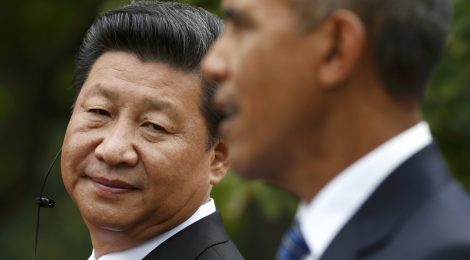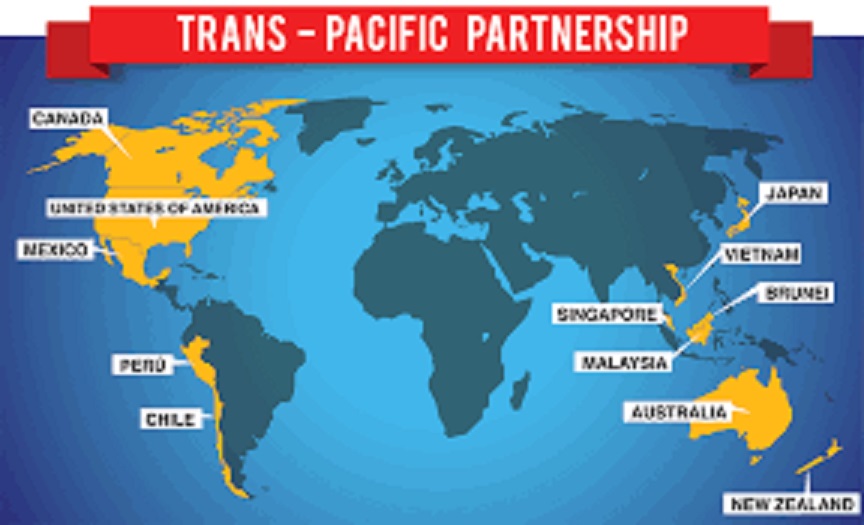
End of US Vietnam arms embargo: old and new enemies
On May 22 United States President Barack Obama paid his first official visit to Vietnam, commented in an editorial appeared the same day on Xinhua, China’s state-run news agency. In the article, President Obama is encouraged to rethink its country’s policy toward South East Asia, which, according to Xinhua, has not helped in strengthening peace and stability in the region.
One of the major outcome of Obama visit was the decision to completely lift the embargo on arms sales to Vietnam, already partially reduced in 2014, which triggered protests against US government from human rights activists. While acknowledging that Washington and Vietnam share a concern about China’s actions in the South China Sea, the US President specified that the decision was “not based on China.” As from the editorial published by Xinhua, Vietnam is obviously free to undertake whatsoever relationship with any country, but Beijing warns the US not take advantage of the reconciliation with an old enemy – as the US and Vietnam used to be – to jeopardize the strategic interests of a third party.
The Trans-Pacific Partnership (TPP) is a step of key importance in the US strategy to rebalance toward the Asia-Pacific region. The economic partnership has been ratified, but not yet signed, by the US and 11 other countries, Vietnam included, in order to reduce trade barriers across the Pacific. According to Xinhua, the United Stated should not exploit such a partnership as a political instrument to impose their rule in Asia, since global commercial regulations must be jointly defined by the whole international community. The TPP could bring great profits for Vietnam, which in 2014 paid 42.9 percent of the equivalent of €4.94 billion in duties to the United States. Analysts estimate that the reduced tariffs could increase Vietnam’s GDP by 8.1 percent by 2030. On the contrary, for China the impact could imply a decline of 0.1 percent of GDP, as China would lose some of its markets to Vietnam.
The TPP could bring great profits for Vietnam, which in 2014 paid 42.9 percent of the equivalent of €4.94 billion in duties to the United States. Analysts estimate that the reduced tariffs could increase Vietnam’s GDP by 8.1 percent by 2030. On the contrary, for China the impact could imply a decline of 0.1 percent of GDP, as China would lose some of its markets to Vietnam.
From the Chinese side, to open new markets for its companies and to win new friends, Beijing is helping its fellow Asian countries to build the infrastructure their economies need, by offering the equivalent of tens of billions of euros in loans and investments. To this aim, China established the new Asia Infrastructure Investment Bank, joined by Vietnam, which has however kept distance from the grand Chinese vision of creating a new Silk Road connecting Asia and Europe through different overland and maritime routes.
Vietnam started rethinking its strategy and orienting toward the US in 2014, after China deployed an oil rig near Paracel islands, considered by Vietnam part of its exclusive economic zone and giving start to a new era of territorial disputes between the two countries. The latest and clearest indication of rapprochement between Washington and Hanoi is the aforementioned TPP, that Vietnam hopes will help reduce its economic dependence on China.
China has stepped up its own diplomatic efforts ahead of Obama’s visit, sending the Chinese ambassador in Hanoi, Hong Xiaoyong, to pay a visit to Vietnam’s Defense Minister. In what could appear as an attempt to show solidarity, Hong announced that the two communist countries agreed to strengthen military cooperation, according to Xinhua.
Against the background of the two superpowers vying for control in the South China Sea, Vietnam is the one which has been benefiting from the competing interests.




